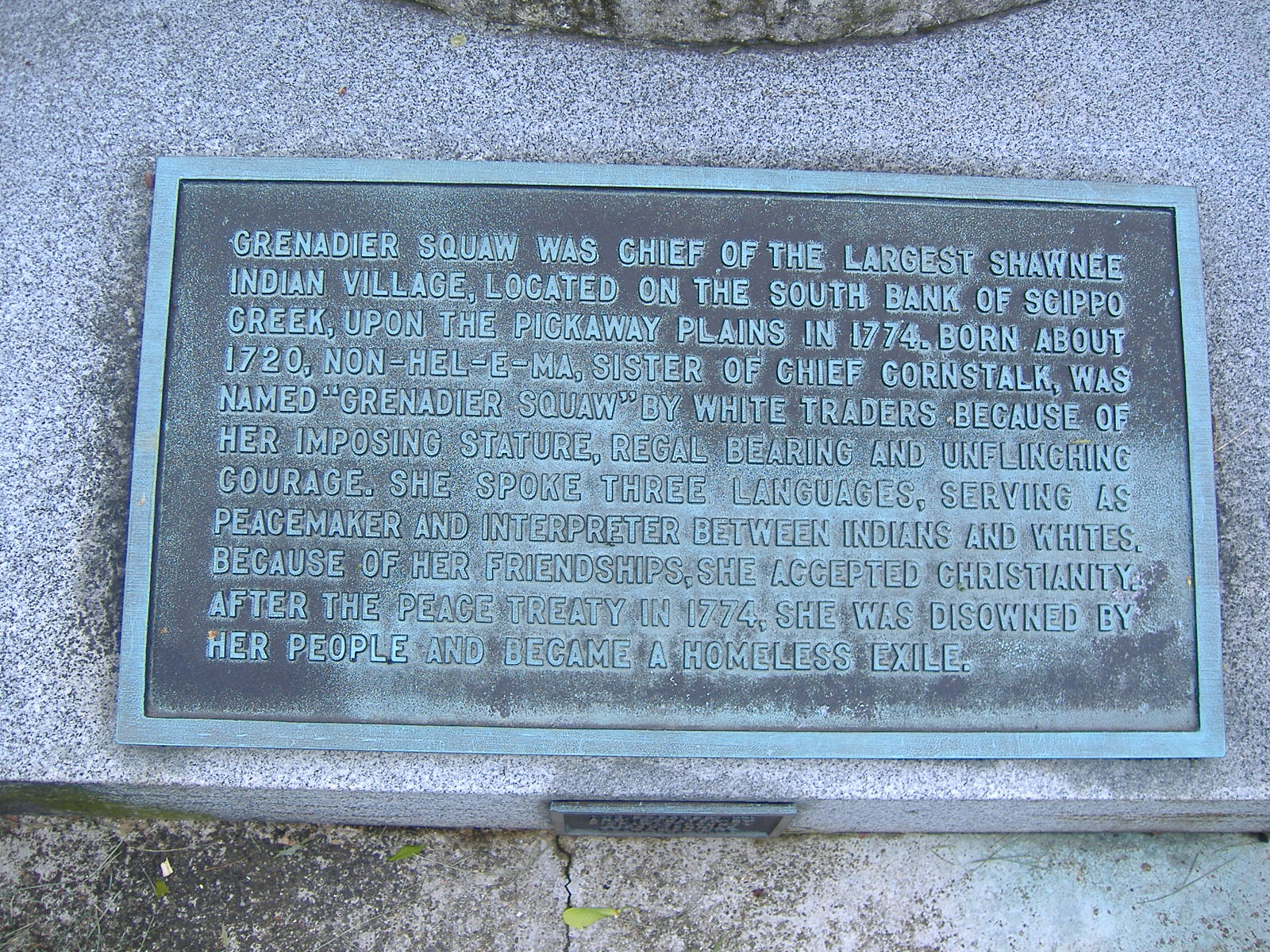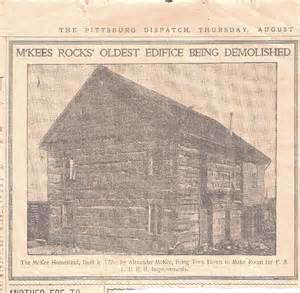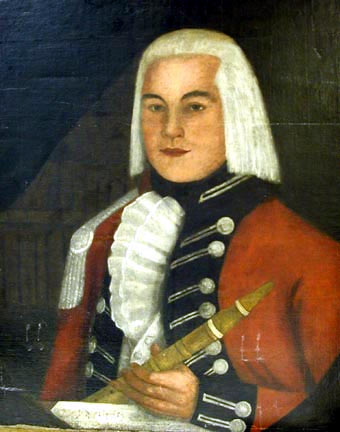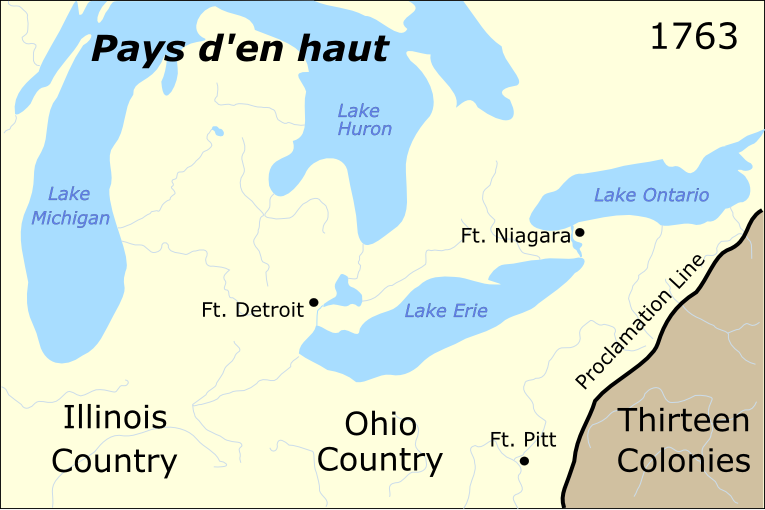|
Nonhelema
Nonhelema Hokolesqua (–1786) was an 18th century Shawnee leader and sister of Cornstalk. She was a participant in Pontiac's War and advocated Shawnee neutrality during the American Revolutionary War. Following the war, and despite her support for the United States, Nonhelema's village was attacked. Her husband, Shawnee Chief Moluntha, was killed, and Nonhelema was captured. She died later that year. Born in 1718 into the Chalakatha (Chilliothe) division of the Shawnee nation and spent her early youth in Pennsylvania. Her brother Cornstalk, and her metis mother Katee accompanied her father Okowellos to the Alabama country in 1725. Their family returned to Pennsylvania within five years. In 1734 she married her first husband, a Chalakatha chief. By 1750 Nonhelema was a Shawnee chief, having significant influence within the Shawnee settlement in Kentucky known as Lower Shawneetown. Nonhelema had three husbands. The first was a Shawnee man. The third was Shawnee Chief Molunt ... [...More Info...] [...Related Items...] OR: [Wikipedia] [Google] [Baidu] |
Timeless (TV Series)
''Timeless'' is an American science fiction television series that premiered on NBC on October 3, 2016. It stars Abigail Spencer, Matt Lanter, and Malcolm Barrett as a team that attempts to stop a mysterious organization from changing the course of history through time travel. The series was created by Shawn Ryan and Eric Kripke, and also stars Sakina Jaffrey, Paterson Joseph, Claudia Doumit, and Goran Višnjić. The executive producers include John Davis and John Fox of ''The Blacklist''. Although NBC canceled the series after one season, the series was renewed three days later following negotiations with Sony Pictures Television. The ten-episode second season premiered on March 11, 2018, and ran until NBC canceled the series again in June 2018. One month later, NBC ordered a two-part finale to conclude the series, which aired on December 20, 2018. Premise When ex-National Security Agency asset turned criminal Garcia Flynn and his group of criminals steal an experimental ... [...More Info...] [...Related Items...] OR: [Wikipedia] [Google] [Baidu] |
Alexander McKee
Alexander McKee ( – 15 January 1799) was an American-born military officer and colonial official in the British Indian Department during the French and Indian War, the American Revolutionary War, and the Northwest Indian War. He achieved the rank of Deputy Superintendent General in 1794, the second highest position in the British Indian Department at the time. Biography Alexander McKee was born about 1735, the second son of Thomas McKee an Irish immigrant (probably Scots-Irish from northern Ireland), fur trader, Indian Agent, and interpreter for General Forbes at Fort Pitt, and Nonhelema Hokolesqua (c. 1718–1786), an 18th century Shawnee leader and sister of Chief Cornstalk. McKee developed a lifelong relationship with the Ohio Indian tribes. As a young man, Alexander McKee began working with traders who did business with the Indians of the Ohio Country. Soon, he was able to establish his own trading business. Because of his good relations with the Ohio tribes, Indian ... [...More Info...] [...Related Items...] OR: [Wikipedia] [Google] [Baidu] |
Karina Lombard
Karina Lombard is a Tahitian-born American actress. She appeared as Isabel Two in ''Legends of the Fall'', as chief Nonhelema in ''Timeless'', and as Marina Ferrer in the first season of ''The L Word''. She has also appeared in the films '' Wide Sargasso Sea'' and ''The Firm'', and the television series ''CSI: Crime Scene Investigation'', ''CSI: NY'', '' NCIS'', '' Rescue Me'' and ''The 4400''. Career Lombard's major break in modeling was a photoshoot with a 'Native American' theme. A year later, one of her photographs was chosen for a billboard that led to her first acting role. Photographs of her as a model have appeared in the magazines ''Elle'' and ''Vogue''. Lombard studied acting in New York City at the Lee Strasberg Theatre Institute and the Actors Studio, where she also gained stage experience performing at the Gallery Theatre and Neighborhood Playhouse. Lombard's first film role was as a princess in ''L'île'' (''The Island''). In 1993, she played her first major role ... [...More Info...] [...Related Items...] OR: [Wikipedia] [Google] [Baidu] |
James Alexander Thom
James Alexander Craig Thom (born May 26, 1933 in Gosport, Indiana) is an American author, best known for his works in the Western genre and colonial American history which are noted for their historical accuracy borne of his painstaking research. Thom graduated from Butler University in 1961 with a BA in Journalism after serving in the United States Marine Corps in the Korean War. He taught a course in journalism at Indiana University, and was a contributor to ''The Saturday Evening Post''. Works * ''Let the Sun Shine In (a collection of short stories)'' (Gibson Publishing, 1976) * ''Spectator Sport'' (a novel about the tragic events of the 1973 Indianapolis 500 auto race) ( iUniverse, 1978) * ''Staying Out of Hell'' (Ballantine Books, 1985) * ''Long Knife'' (a novelized biography of General George Rogers Clark, victor of the Battle of Fort Sackville in Vincennes, Indiana, and conqueror of the Northwest Territory) (Avon, 1979) * ''From Sea to Shining Sea'' (a novelized biograph ... [...More Info...] [...Related Items...] OR: [Wikipedia] [Google] [Baidu] |
Fort Donnally, West Virginia
Fort Donnally is an unincorporated community in Greenbrier County, West Virginia, United States. It is located along Rader Run Road in Rader Valley, just off US 60, approximately west of Lewisburg. It is also about southwest of Falling Spring. History The frontier fort that became the settlement was built in 1767 by Andrew Donnally. Fort Donnally was the site of an attack by a large group of Indians in May 1778. The settlements were warned by two scouts from Point Pleasant named John Pryor and Philip Hammond (Hamman) who had volunteered to give warning to the Greenbriar settlements. The two scouts went from Point Pleasant to Fort Donnally on foot, being dressed to look like Indians by Nonhelema Nonhelema Hokolesqua (–1786) was an 18th century Shawnee leader and sister of Cornstalk. She was a participant in Pontiac's War and advocated Shawnee neutrality during the American Revolutionary War. Following the war, and despite her support ..., the sister of Chief Cornstalk. ... [...More Info...] [...Related Items...] OR: [Wikipedia] [Google] [Baidu] |
Richard Butler (general)
Richard Butler (April 1, 1743 – November 4, 1791) was an officer in the Continental Army during the American Revolutionary War who was later killed while he was fighting Native Americans in the United States in a battle that is known as St. Clair's Defeat. Family Born in St. Bridget's Parish, Dublin, Ireland, Richard Butler was the oldest son of Thomas and Eleanor (Parker) Butler. Thomas Butler was an Irish aristocrat who served in the British army. He was the brother of Colonel Thomas Butler and Captain Edward Butler. All three brothers served in the American Revolution and in the Northwest Indian War against the Western Confederacy of Native American tribes in the Northwest Territories. His two other brothers, William and Percival, served in the Revolution but did not see later military service. Early life In 1748 Butler's father opened a gun shop in Dublin, but that same year the family moved to Lancaster, Pennsylvania, where he learned to make the Pennsylvania long ... [...More Info...] [...Related Items...] OR: [Wikipedia] [Google] [Baidu] |
Shawnee
The Shawnee are an Algonquian-speaking indigenous people of the Northeastern Woodlands. In the 17th century they lived in Pennsylvania, and in the 18th century they were in Pennsylvania, Ohio, Indiana and Illinois, with some bands in Kentucky and Alabama. By the 19th century, they were forcibly removed to Missouri, Kansas, Texas, and ultimately Indian Territory, which became Oklahoma under the 1830 Indian Removal Act. Today, Shawnee people are enrolled in three federally recognized tribes, all headquartered in Oklahoma: the Absentee-Shawnee Tribe of Indians, Eastern Shawnee Tribe of Oklahoma, and Shawnee Tribe. Etymology Shawnee has also been written as Shaawanwaki, Ša·wano·ki, Shaawanowi lenaweeki, and Shawano. Algonquian languages have words similar to the archaic ''shawano'' (now: ''shaawanwa'') meaning "south". However, the stem ''šawa-'' does not mean "south" in Shawnee, but "moderate, warm (of weather)": See Charles F. Voegelin, "šawa (plus -ni, -te) MODERATE, WARM ... [...More Info...] [...Related Items...] OR: [Wikipedia] [Google] [Baidu] |
Thomas McKee
Thomas McKee (c. 1770 – 20 October 1814) was a Canadian soldier and political figure. Biography McKee was born in the Ohio Country around 1770. He was the son of Alexander McKee (c. 1735–1799), an important official in the British Indian Department, and the grandson of Thomas McKee (c.1695–1769), a veteran of King George's War and the French and Indian War as well as a business associate of George Croghan. His great-grandfather Alexander McKee (d.1740) immigrated to Pennsylvania from County Antrim, Ireland, around 1707, and was a veteran of the Battle of the Boyne. His mother was a Shawnee woman, Nonhelema, who had become a Shawnee chief by 1750. In 1788, the Ojibwa and Ottawa granted him a lease for Pelee Island for 999 years. In 1791, he became a member of the 60th Regiment of Foot of the British Army at Detroit. Three years later, he was part of the Siege of Fort Recovery. eventually reaching the rank of Captain in 1796. In the same year, he became superintendent ... [...More Info...] [...Related Items...] OR: [Wikipedia] [Google] [Baidu] |
Pontiac's War
Pontiac's War (also known as Pontiac's Conspiracy or Pontiac's Rebellion) was launched in 1763 by a loose confederation of Native Americans dissatisfied with British rule in the Great Lakes region following the French and Indian War (1754–1763). Warriors from numerous nations joined in an effort to drive British soldiers and settlers out of the region. The war is named after Odawa leader Pontiac, the most prominent of many indigenous leaders in the conflict. The war began in May 1763 when Native Americans, alarmed by policies imposed by British General Jeffrey Amherst, attacked a number of British forts and settlements. Eight forts were destroyed, and hundreds of colonists were killed or captured, with many more fleeing the region. Hostilities came to an end after British Army expeditions in 1764 led to peace negotiations over the next two years. The Natives were unable to drive away the British, but the uprising prompted the British government to modify the policies that had ... [...More Info...] [...Related Items...] OR: [Wikipedia] [Google] [Baidu] |
Coshocton, Ohio
Coshocton is a city in and the county seat of Coshocton County, Ohio, United States approximately 63 mi (102 km) ENE of Columbus. The population was 11,216 at the 2010 census. The Walhonding River and the Tuscarawas River meet in Coshocton to form the Muskingum River. Coshocton contains Roscoe Village, a restored town of the canal era, located next to the former Ohio and Erie Canal. A heritage tourist attraction, it showcases the area's unique canal history. The city was developed on the site of a former Lenape village established in the late 1770s by bands who had migrated from the East under European oppression. History The Lenape sympathetic to the new United States stayed near Coshocton. White Eyes, then leader of the Lenape people, signed the Treaty of Fort Pitt of 1778, by which the Lenape hoped to secure their safety during the War, and he promised scouts and support to the rebel colonists. In retaliation for frontier raids by hostile Lenape and British, Col ... [...More Info...] [...Related Items...] OR: [Wikipedia] [Google] [Baidu] |
Squaw
The English word ''squaw'' is an ethnic and sexual slur, historically used for Indigenous North American women. Contemporary use of the term, especially by non-Natives, is considered derogatory, misogynist, and racist.King, C. Richard,De/Scribing Squ*w: Indigenous Women and Imperial Idioms in the United States in the ''American Indian Culture and Research Journal'', v27 n2 p1-16 2003. Accessed Oct. 9, 2015 While the morpheme ''squaw'' (or a close variant) is found within longer words in several Eastern and Central Algonquian languages, primarily spoken in the northeastern United States and in eastern and central Canada, these languages only make up a small minority of the Indigenous languages of North America. The word "squaw" is not used among Native American, First Nations, Inuit, or Métis peoples. Even in Algonquian, the related morphemes used are not the English-language slur, but only a component part of longer Algonquian words that contain more than one morpheme. Curr ... [...More Info...] [...Related Items...] OR: [Wikipedia] [Google] [Baidu] |





.jpg)